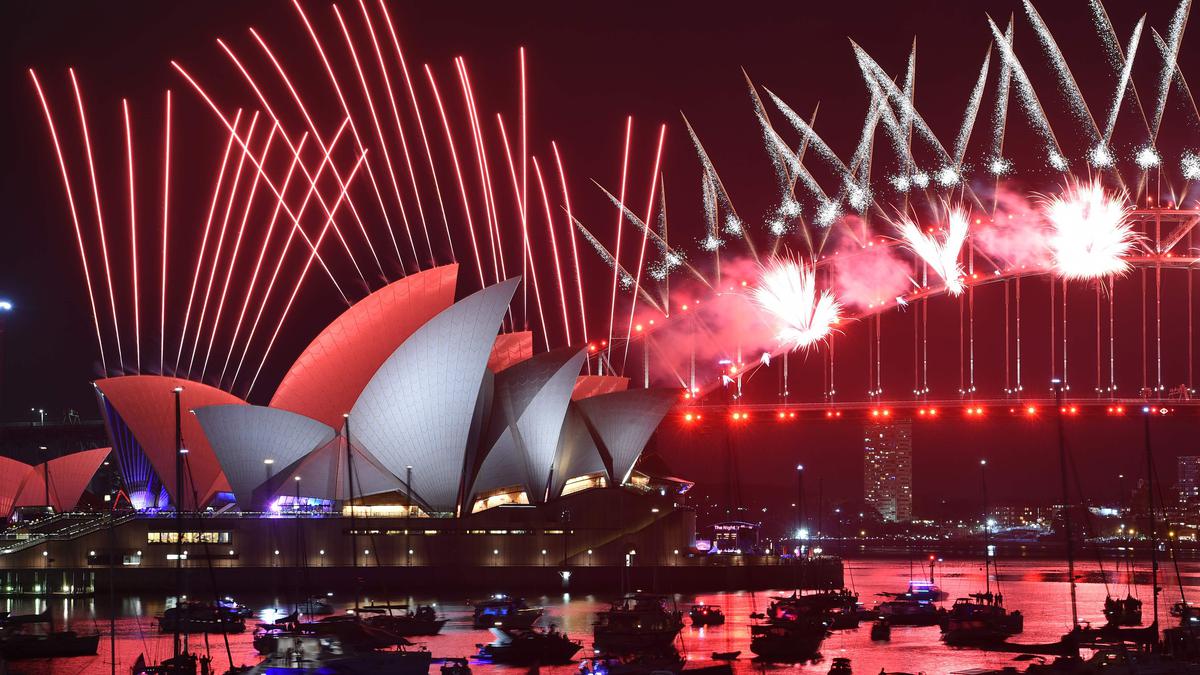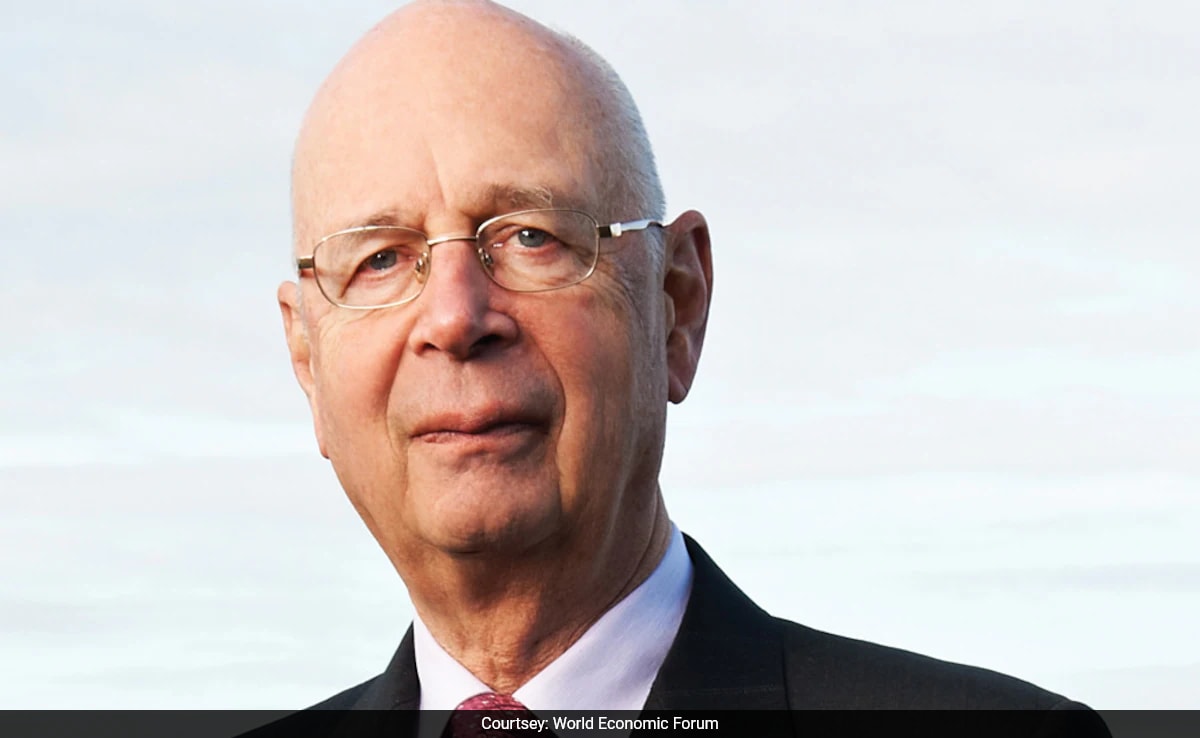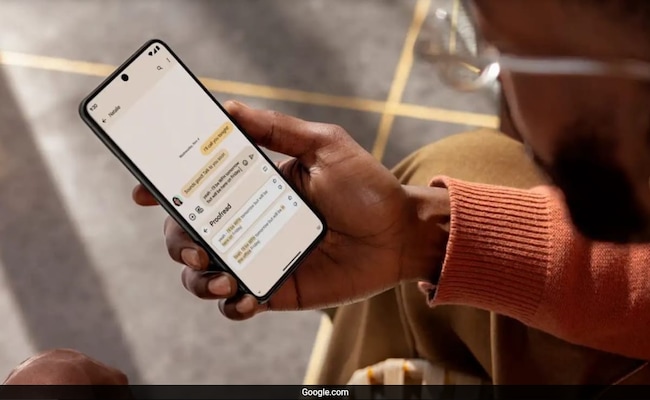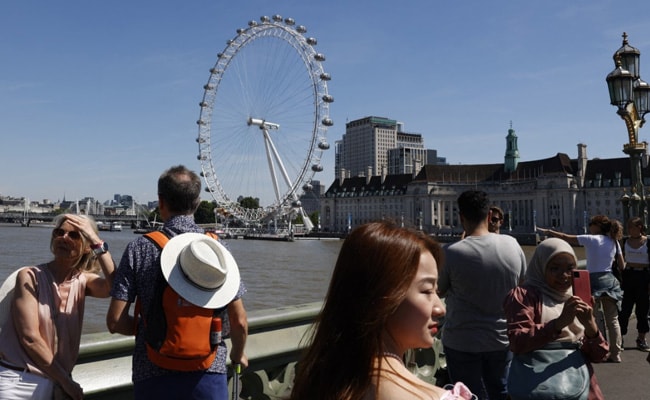Argentina’s libertarian President Javier Milei posted on social media on Saturday (October 12, 2024) that the Italian explorer’s arrival introduced enlightenment to the region.
| Photo Credit: Reuters
An Argentine claim that European contact brought civilization to the Americas has provoked rebukes from across Latin America, where heated debates often flare up over the era’s contested historical legacy.
Commemorating Christopher Columbus’ landing in the Americas on October 12, 1492, the office of Argentina’s libertarian President Javier Milei posted on social media on Saturday (October 12, 2024) that the Italian explorer’s arrival introduced enlightenment to the region.
“It marked the beginning of civilization in the American continent,” the post boasted, accompanied by a slick video set to triumphant music.
The post argues that Columbus “opened a new era of progress,” while many who agreed online pointed to human sacrifice as practiced by some native cultures as a clear example of cruelty European colonizers fought against.
Columbus’ arrival in the present-day Bahamas led to centuries of Spanish and Portuguese domination of a region stretching from much of today’s United States to near Antarctica.
The conquests and subsequent colonial experience have long generated impassioned debate. Many Latin American leaders now embrace a more critical view, acknowledging the abuses committed, including massacres, forced labor and widespread looting.
Columbus, traditionally thought to have been from Genoa, Italy, was a Sephardic Jew from somewhere in Western Europe, Spanish scientists said on Saturday after a 22-year investigation using DNA analysis.
The debates about his legacy often fall along ideological lines, with leftists especially sensitive to suggestions that the region’s Indigenous cultures are inferior.
Mexico’s new leftist leader, President Claudia Sheinbaum, ended a speech on Saturday (October 12, 2024) outside the nation’s capital with a repudiation of the view represented by Milei.
“For many years, they told us that they came from over there to civilize us. No! There were already great cultures here,” said Ms. Sheinbaum, who took office earlier this month, ticking off contributions from the Olmecs and Aztecs, among others.
“It’s more than that, Mexico is great because of its original peoples,” she said, speaking in the working class city of Nezahualcoyotl, named for the 15th century king of Texcoco, famed for his poetry, engineering feats and skill on the battlefield.
In 2020 when she was Mexico City mayor, Sheinbaum ordered the removal of a statue of Columbus that had adorned the capital’s most prominent avenue since 1877.
Ms. Sheinbaum and her like-minded predecessor have urged Spain’s King Felipe VI to apologize for atrocities committed during the 16th century conquest of Mexico, a request that led to a rare royal snub ahead of her inauguration.
The holiday is recognized across Latin America. But it has taken on different names, including in Argentina, where it was changed by a 2010 presidential decree from Day of the Race, a nod to Spanish culture, to Day of Respect for Cultural Diversity.
In the United States, Columbus Day, observed on Monday (October 14, 2024) this year, remains a national holiday. President Joe Biden also commemorated the day as Indigenous Peoples’ Day in a proclamation in 2021.
The holiday in Venezuela has been called the Day of Indigenous Resistance for the past couple of decades. On Saturday (October 12, 2024) embattled President Nicolas Maduro accused Mr. Milei of seeking to rewrite history.
“Did you see what he published?” Mr. Maduro scoffed, referring to Milei’s post.
“Remembering Oct. 12 as the great day when they civilized us,” he said. “They want to impose their false narrative.”
Published – October 14, 2024 12:58 pm IST














